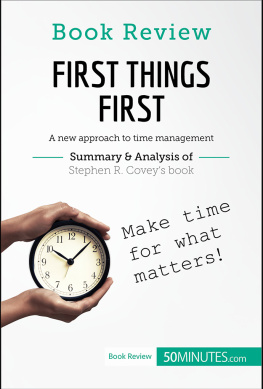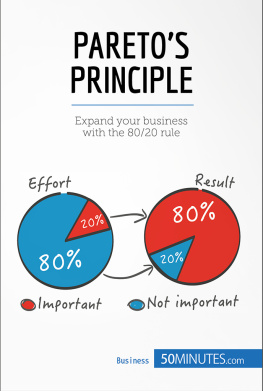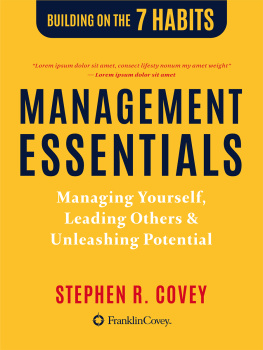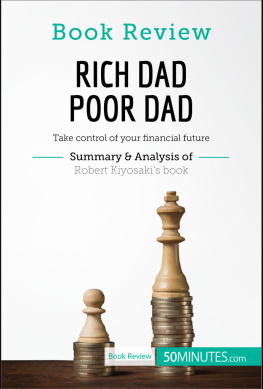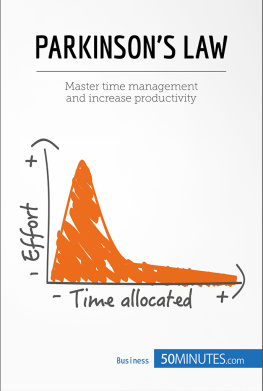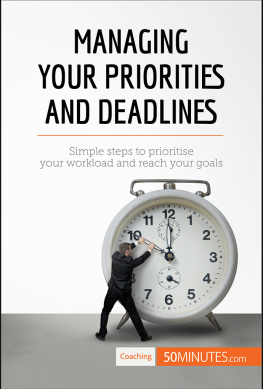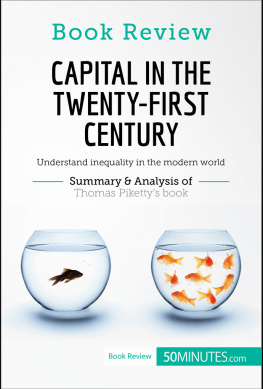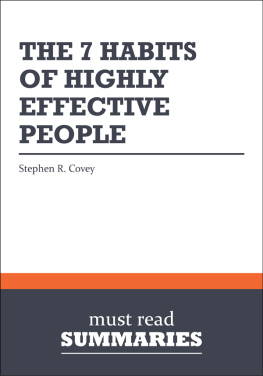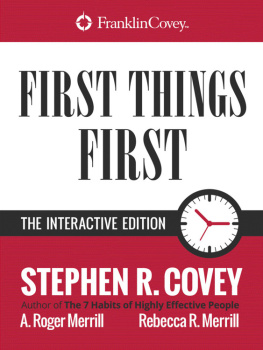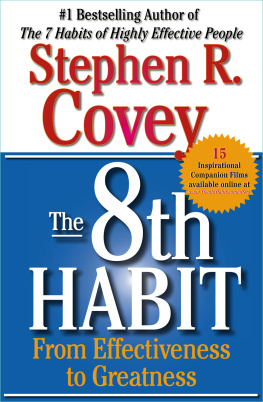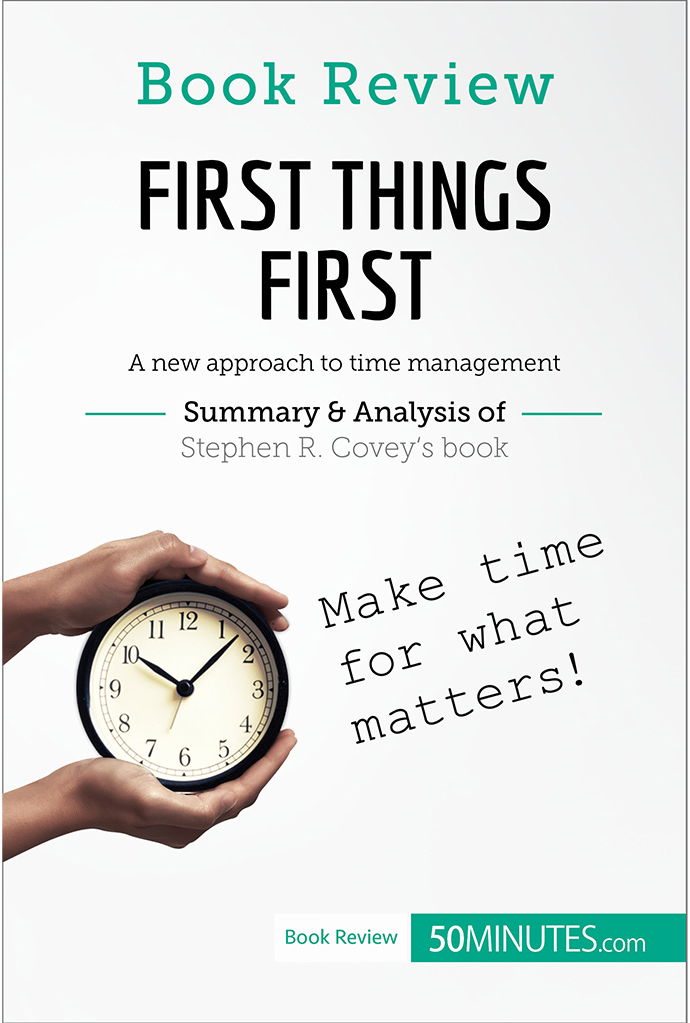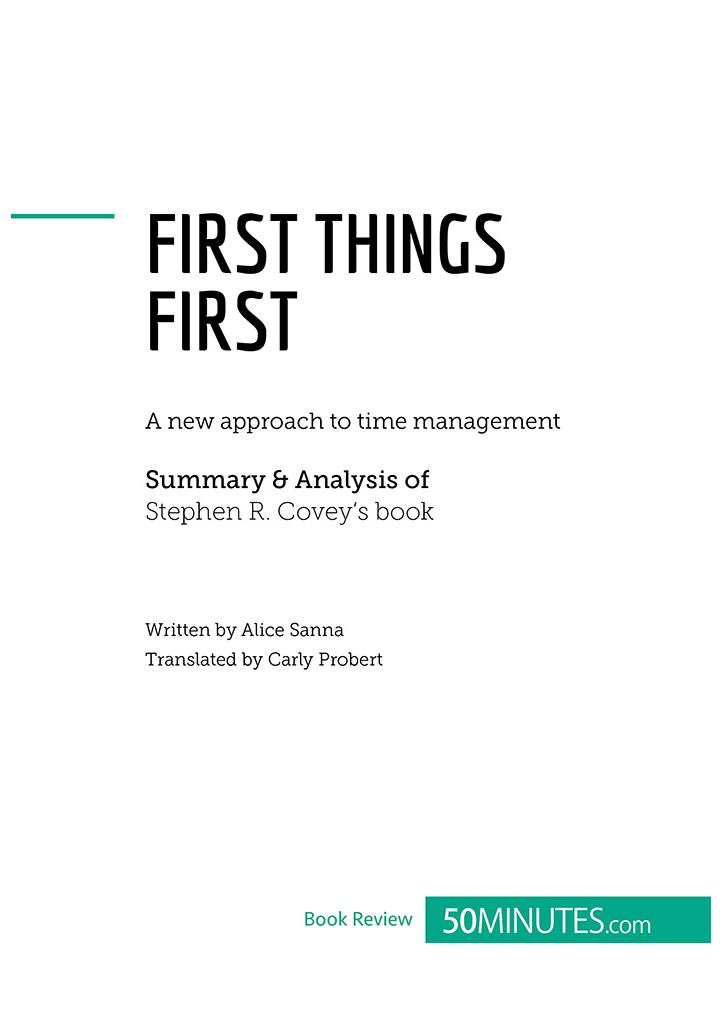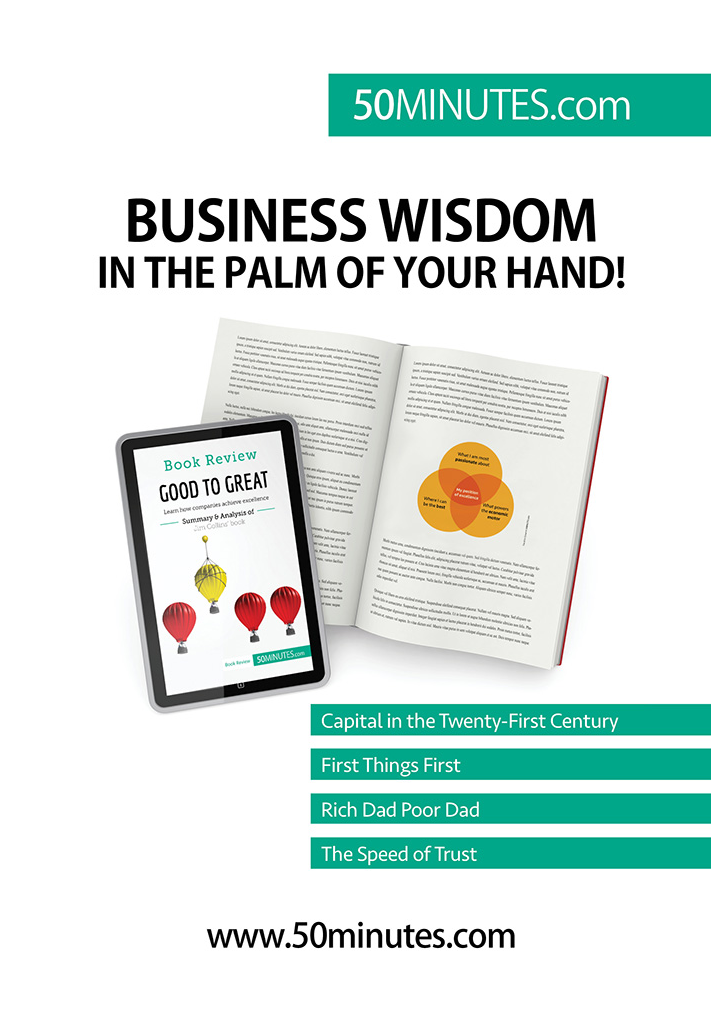A vital read on better time management
If you take a few minutes now to think about how you manage your time, both in your professional and personal life, what comes out of it? Are you satisfied? Do you allow enough time for the most important activities? In short, are you able to prioritise your priorities?
In the chaotic lives we live nowadays, it becomes increasingly difficult to achieve our everyday personal and business objectives. We are often subject to work schedules that do not allow us to devote the required time to our passions, our families, or our social lives. If we are not careful, this can make us frustrated and dissatisfied people, who feel guilty about not being able to leave enough space for what we really want, despite the enormous effort and precious time dedicated to scheduling and creating tables and detailed lists. So what is the solution? What is the secret to a richer and more satisfying life?
This is why the author of the international bestseller, The 7 Habits of Highly Effective People, Stephen R. Covey, along with two other well-known figures in the field of management and personal development, wrote First Things First, which has also sold several million copies. They invite us to reflect on these issues and, thanks to a theory based on prioritisation, better manage our time. Find out the difference between what they call the external watch, imposed by society and the world of work, and the internal compass, which gives us the power to live according to our own values, principles and priorities.
Important information
- Reference edition : Covey, S., Merrill, R., and Merrill, R. (1994) First Things First. New York: Simon and Schuster.
- st edition : 1994.
- Authors :
- Stephen R. Covey (author and businessman, born 24 October 1932 in Salt Lake City, Utah, USA; died 16 July 2012 in Idaho Falls, Idaho, USA). He is the primary author of First Things First;
- Roger Merrill (consultant and coach in professional development; born 2 May 1945 in Salt Lake City);
- Rebecca R. Merrill (Roger Merrills wife, very involved in his thinking, born in Dallas, Texas, USA).
- Theme : Management and staff development.
- Keywords :
- Priority : right of precedence granted to something (an appointment, a task, etc.) or someone on the basis or urgency and/or importance.
- Time management : process of planning and controlling time, used to achieve goals or undertake activities. This is one of the most important tasks managers face every day.
Context
Stephen R. Covey
Birth and education
Stephen R. Covey was born on 24 October 1932 in Salt Lake City in the US state of Utah. After studying at the University of Utah, he obtained an MBA (Master of Business Administration) at Harvard followed by a doctorate in religious education at Brigham Young University, where he worked as a professor of management and organisational behaviour. He was admired for his teaching which was both simple and powerful, as well as multidisciplinary, including politics, philosophy, religion, economics and society. In 1956, he married Sandra Merrill, with whom he had nine children.
A management expert
Founder and chairman of the Covey Leadership Center, which became FranklinCovey after a merger with Franklin Quest in 1997, he was head of one of the largest management organisations in the world and worked with large multinational companies. Many businesses and organisations of all nationalities (African, Israeli, Japanese and Korean, among others) followed his innovative management techniques in areas as diverse as innovation, quality management and customer service. Several leaders were also influenced by his thinking, including President Bill Clinton (US President from 1993 to 2001, born in 1946).
His main works
Already considerably well-known from his activities as a professional teacher, family consultant and organisational consultant, he became truly famous in 1989 with the publication of his book The 7 Habits of Highly Effective People , a global bestseller that sold over 15 million copies. Since then, several other successful books have also contributed to his ongoing success:
- Principle-Centered Leadership , 1989
- First Things First , 1994
- 7 Habits of Highly Effective People , 1997
- The 8 th Habit: From Effectiveness to Greatness , 2004.
S OME FIGURES
The 7 Habits of Highly Effective People is the bestselling non-fiction audio book in history, selling over a million and a half copies.
Principle-Centered Leadership, The 7 Habits of Highly Effective People and The 8 th Habit have each sold over one million copies.
First Things First exceeded more than two million copies.
A mentor
Stephen R. Covey died at the age of 80 in Idaho. Nevertheless, he continues to inspire millions of people through his works, which suggest basing existence on four key principles in all areas:
- Internal security, i.e. the assurance of identity and self-esteem;
- Direction, i.e. the internal guide that allows everyone to make decisions;
- Wisdom, i.e. discernment, understanding of the world and serenity when facing this world;
- Internal power, i.e. the energy that moves us forward, lets us stand up and evolve.
As he liked to repeat to his students: There are three constants in life: change, choice and principles.
V ARIOUS MARKS OF RECOGNITION
He received the 1994 International Entrepreneur of the Year Award, and the 1996 National Entrepreneur of the Year Lifetime Achievement Award for Entrepreneurial Leadership.
Stephen R. Covey appeared in Time magazines 1996 list of the twenty-five most influential American figures.
In 1999, he was appointed Speaker of the Year by the National Speakers Association.
In 2002, Forbes business magazine defined the book The 7 Habits of Highly Effective People as one of the ten most influential management books ever published, while a survey in Chief Executive magazine said that The 7 Habits of Highly Effective People was one of the two most influential books of the twentieth century.
The 8 th Habit was named the best business book of 2005 by the Soundview Executive Book Summaries website, a portal that provides summaries of books related to the business world.
Stephen R. Covey received honorary doctorates from twelve different universities.
Context and theme
First Things First is a counter-trend of traditional thinking in terms of efficiency and time management. Indeed, although the latter has obviously changed over the years, it still remains heavily focused on practical principles (lists, planning and preparation), without considering the person performing these tasks.
This is why First Things First was revolutionary in the field in 1994. Its approach connected efficiency with the personal goals of the worker, which had never been done before. Even today, the book continues to be a leading source for all followers of personal development.
Prioritising priorities
Summary

